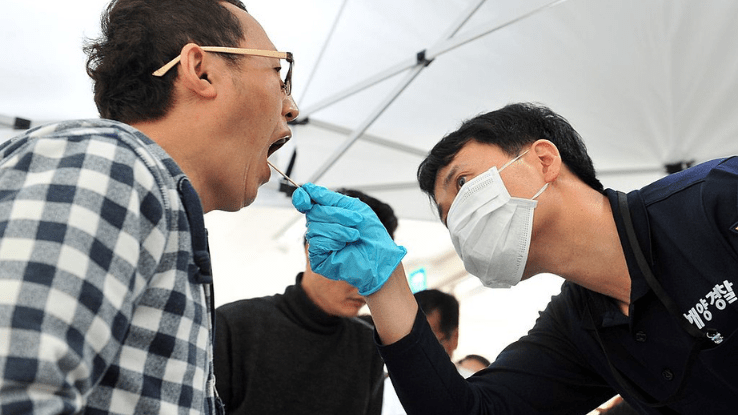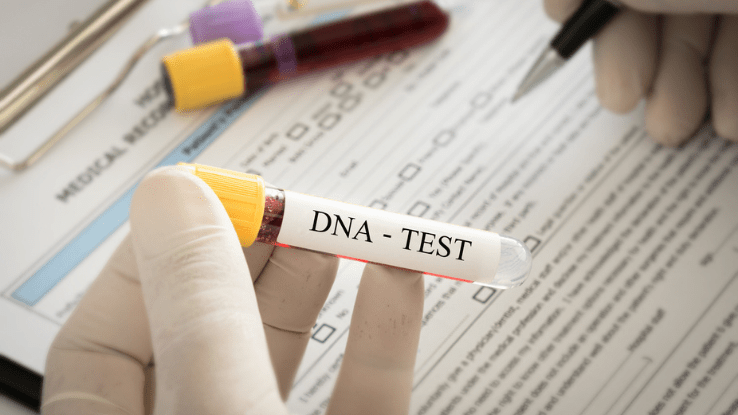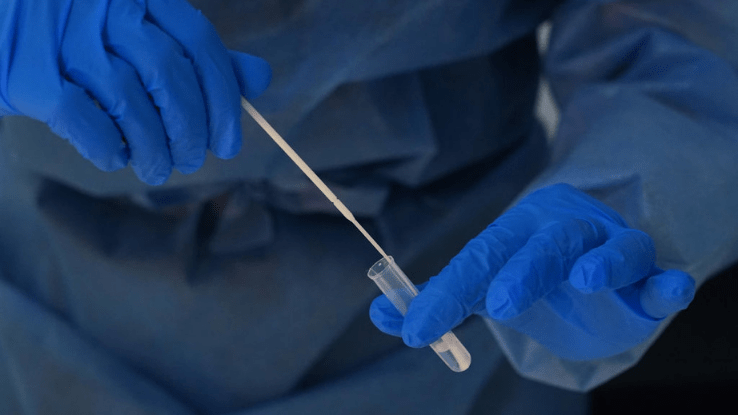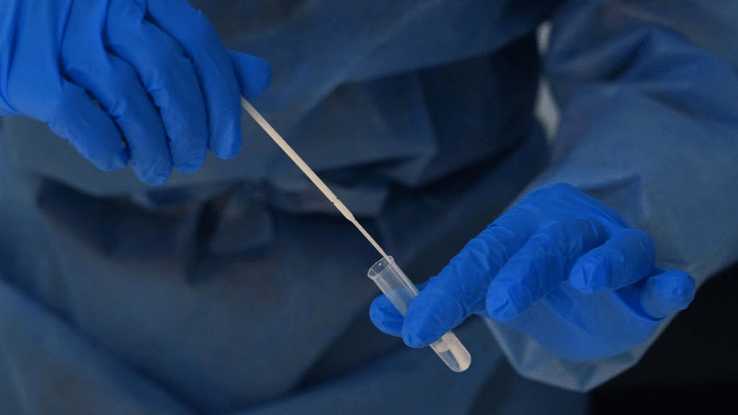How Can I Check My DNA at Home? Genealogy Testing 101

Many of us grew up watching soap operas whose plot was tied to a DNA test proving or disproving a character’s place in their family. Sensational plots can be entertaining, but DNA testing is a serious matter that can teach you a lot about everything from your personal health to your family tree.
It used to be that people had to find labs, lawyers or other ways to access DNA tests. However, the process has undergone significant improvements thanks to innovators like scientists James Watson and Francis Crick. The history of DNA testing goes back to the 1860s and has since come a long way: Now all you need is a home test, a mailbox and an internet connection.
Today, almost anyone can send a sample in the mail for a lab DNA test and receive results that tell them more about their genetic makeup. A genealogy DNA test can tell you details about your family tree that may date back hundreds of years. A DNA test can help with medical diagnoses for your physical and mental health. DNA testing centers can also play roles in criminal investigations and immigration cases. But, your DNA test can actually contribute to growing networks if that’s a path you wish to go down, too.
There are plenty of interesting reasons why you might want to use a home DNA kit. But before you make a purchase, get started by learning more about testing basics, including how the kits work, what they can teach you and which ones are most effective.
What Can I Learn From Checking My DNA at Home?

It may sound strange, but there’s a lot you can learn from a little saliva. Health conditions — physical and mental —- often have genetic links. Whether it’s heart disease, food sensitivities or schizophrenia, knowing about which conditions run in your family can be very helpful. When you learn you might be susceptible to an ailment, you can seek preventative care and make lifestyle changes to adapt. Testing your DNA at home can ultimately help you know what steps to take to lead a healthier life.
Most DNA kits can also tell you about your ancestry and paternity — some folks have found out about siblings or parents they didn’t know prior to testing. It also means that information about your heritage is available. This can go beyond percentages of different ethnicities and help lead you to more detailed information, like where distant relatives have lived and worked, what their military records show and other interesting information.
When looking at your genetic lineage, there are a few things to remember. DNA testing won’t tell you everything. There’s no guarantee that you’ll be able to use it to find information about where a relative lives, or even who your distant relatives are. Reviews of AncestryDNA’s popular testing kit have mentioned that its database is European-centric. DNA genetic testing can illuminate the past, but it does have limitations.
How Do I Use a DNA Kit?

It’s never been easier to test your DNA in a kit at home. Samples for genetic testing can be taken from hair, blood, spit and some other biological fluids. Most DNA test kits require you to collect a saliva sample from the inside of your cheek with a cotton swab. The term for this is a “buccal test,” pronounced like the word “buckle.” Some testing companies may require visits to a lab, which can be inconvenient if there aren’t any labs closeby.
Once you’ve collected your sample, you’ll typically mail it off to the facility you purchased the kit from. A paternity test could show results in three to five days. If you choose a kit like those from 23andMe, another popular home DNA testing company, results may take three to five weeks. Most platforms have online dashboards where you can check on the status of your kit. 23andMe goes as far as letting you know when someone at the company has started extracting your DNA, when the genotyping occurs and when the results are ready to view, among other steps.
When it comes to the options you have for viewing your genetic findings, the process can vary among DNA test kit providers. Many companies like AncestryDNA and 23andMe don’t mail test results. This is to protect the privacy of your genetic information. A lot of companies don’t email or offer printable versions of your results, either — they often only post the results within their own online platforms, which you’ll need to create a profile to use.
Results can sometimes be confusing. However, some companies offer written guides and videos that can help you interpret your results.
Are Home DNA Testing Kits Accurate?

When you’re choosing a home DNA test, it’s important to know whether the kit you’re getting provides reliable results. There are a few factors that go into determining which DNA kits are better than others.
The FDA approves test kits that meet its standards, just as it does with medicine and supplements. You can read the full list and see the parameters on the agency’s official website. Different labs may also have accreditation from the Association of the Advancement of Blood and Biotherapies, a nonprofit that reviews quality and safety standards of companies that work with blood products. Thanks to the FDA and AABB, DNA testing has a lot of oversight.
Some tests also focus on different types of information or specific health conditions. Inside Tracker’s DNA testing program offers nutrition and exercise advice based on its findings. Nebula Genomics’ comprehensive program can be helpful for finding out what genes you might be carrying that you could pass to your future kids. Toolbox Genomics provides a ”virus risk” score with its results. AncestryDNA offers historical information in addition to genetic results. This means it’s important to understand whether a kit can provide the specific data you’re looking for before you purchase it.
Different testing companies also have different policies regarding privacy and data. FamilyTree DNA, for instance, works directly with law enforcement and offers the use of its DNA to solve crimes. This is a complicated issue; people have issues with different systems within law enforcement and may want to preserve their privacy, but DNA evidence can also solve cold cases and free wrongfully convicted people.
Similarly, both 23andME and AncestryDNA testing have research programs you can choose to opt into. You can never be sure what will usher in a scientific breakthrough or when it will happen, so contributing to this type of network could be appealing to you. It’s good to check with a DNA test center to see what it’ll do with your sample.
Accurate DNA testing ultimately depends on what kind of DNA test you take. When deciding between DNA test providers, look to see what type of DNA tests they offer. Autosomal DNA tests, Y-DNA tests and mtDNA tests are some of the most common. Heavy hitters in the DNA test marketplace like 23andME and AncestryDNA use autosomal DNA tests and boast an accuracy rate of 99% or higher.
What Are the Best Home DNA Testing Kits?

Two of the most popular kits for checking your DNA at home come from the testing companies 23AndMe and AncestoryDNA. The test from 23andMe offers information about both your maternal and paternal lineages. AncestryDNA’s historical database has more information, however, because Ancestry has been in business since 1990. There are almost 50,000 five-star reviews of the AncestryDNA test on Amazon.
The main tips to consider when making your selection are to know what kind of results you want, to make sure the testing company presents the data in a way that makes sense to you and to find out what the company can do with the genetic information you provide.





